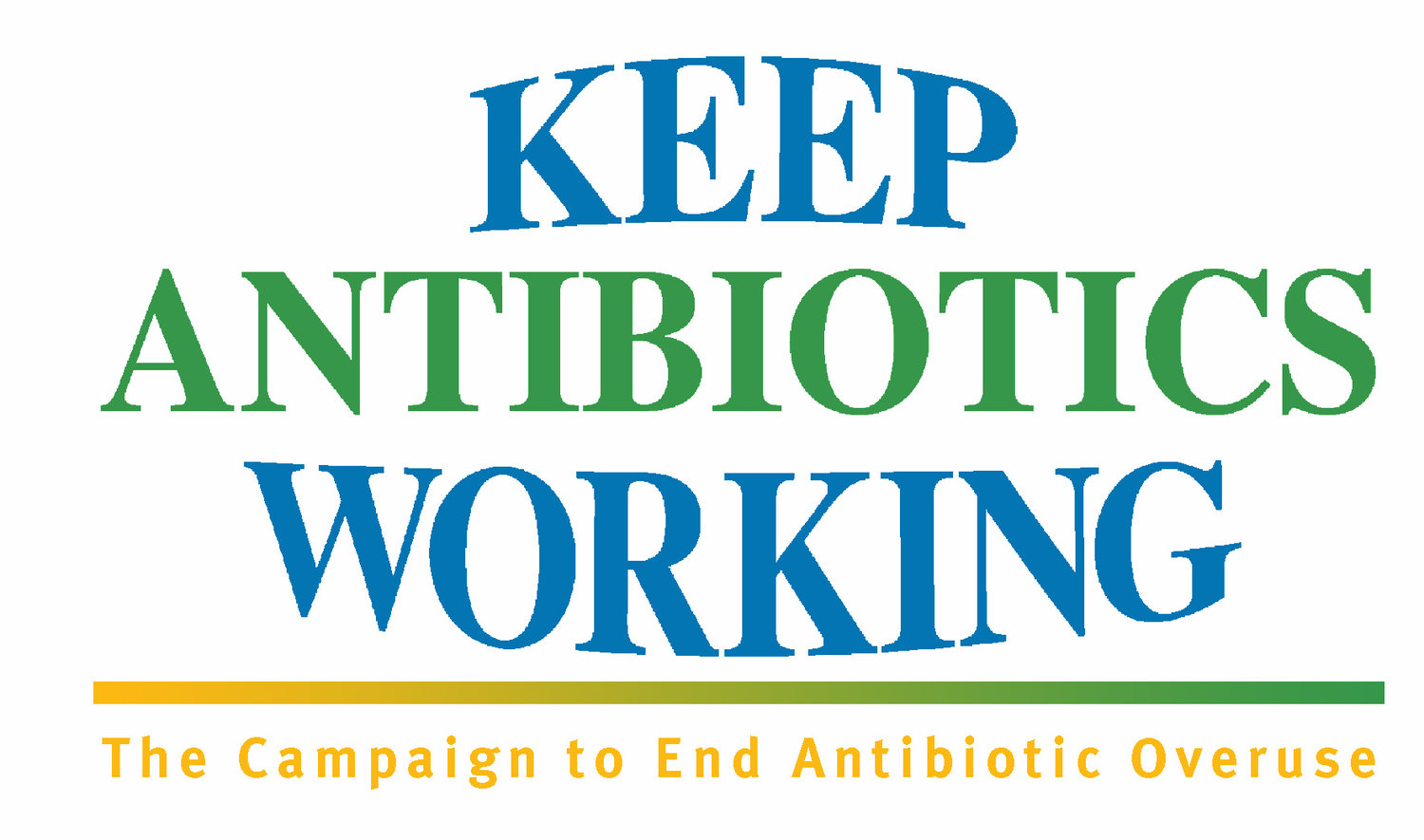FDA Needs to Keep Moving Forward with Steps to Address the Threat of Antibiotic Resistance
MADELEINE KLEVEN , FOOD SAFETY PROGRAM ASSOCIATE, FOOD ANIMAL CONCERNS TRUST
The COVID-19 pandemic has impacted millions of lives throughout the nation and across the globe and has demonstrated the importance of effective healthcare settings and coordinated government action in the midst of a crisis. At a critical time such as this it is imperative we continue addressing all of the public health threats plaguing our society including antibiotic resistance. Given the overuse of antibiotics during this pandemic along with ongoing failures in the antibiotic pipeline, the need to protect currently available antibiotics is more important than ever.
The misuse and overuse of antibiotics in human and veterinary medicine has contributed to the development and spread of antibiotic resistant organisms which kill at least 35,000 Americans and cause almost 3 million illnesses each year. More federal action is needed to keep the already high numbers of illnesses and deaths from going up. In order to make sure this action is taken, sixteen Keep Antibiotics Working members and colleague organization recently sent a letter to FDA Commissioner Hahn urging FDA to continue to move forward with efforts to protect the efficacy of existing antibiotics by strengthening and implementing the Center for Veterinary Medicine’s Five-Year Action Plan for Supporting Antimicrobial Stewardship in Veterinary Settings. The plan, which was released by FDA two years ago, outlines activities to combat antimicrobial resistance and preserve the effectiveness of antimicrobial drugs. However, key components of the plan need to be strengthened and implemented in order to promote more judicious use of antibiotics and mitigate the threat of AMR.
Among the most important actions FDA must take is the establishment of sufficiently short duration limits for the use of medically important antibiotics. Studies in human and animal settings suggest that the emergence of bacterial resistance can be minimized by decreasing the length of time that antimicrobials are used. Therefore, FDA should require drug sponsors to limit the duration of the use of medically important antibiotics and in doing so provide clear guidance to sponsors on how to prioritize human health over drug efficacy.
In addition, FDA must strengthen data collection on both antimicrobial use and resistance. Currently, there is no quantitative data at any level close to the farm that reports both the amount of antibiotics administered and/or detailed data on reasons for use. This information is critical in connecting and assessing the effects of antimicrobial use in farm animals and the development of antibiotic resistant organisms.
In our letter we also urge FDA to promptly update its list of medically important antimicrobials. This list ranks drugs on their importance to human medicine and is used to guide policy on the use of drugs in animals. For example, drugs considered by FDA to be medically important cannot legally be used in animals to increase the speed at which animals put on weight, and drugs ranked to be critically important should not be administered to large groups of animals. It is an essential tool for FDA to manage the safety of animal antibiotics; however it hasn’t been updated since 2003. New science and resistance concerns have emerged since then and they must be reflected in the updated list.
Lastly, FDA must define control, prevention and treatment on its drug labels. These terms determine how and why an animal drug can be used. Currently, individual veterinarians or livestock owners are left to determine when it is appropriate to use an antibiotic for these purposes, and this can completely undermine efforts in antimicrobial stewardship. For example, in order to slow the spread of resistant bacteria FDA rules prohibit the use of the animal drug ceftiofur to prevent disease, but allow farms to use the drug to control disease. Unless there is an agreed upon definition of control and prevention this prohibition has no impact. Without consistency across the livestock sector many drugs may be used for inappropriate or routine preventive uses which promote the development of antibiotic resistant organisms on farms.
As we continue to fight the current viral pandemic, we must be preparing for the next. This includes efforts to promote the health of animals and humans and preserve life saving medications such as antibiotics. FDA must lead this effort and take more aggressive action to slow the spread of antibiotic resistance.
You can read our whole letter here.
Once we receive an answer from FDA we will post it here.
